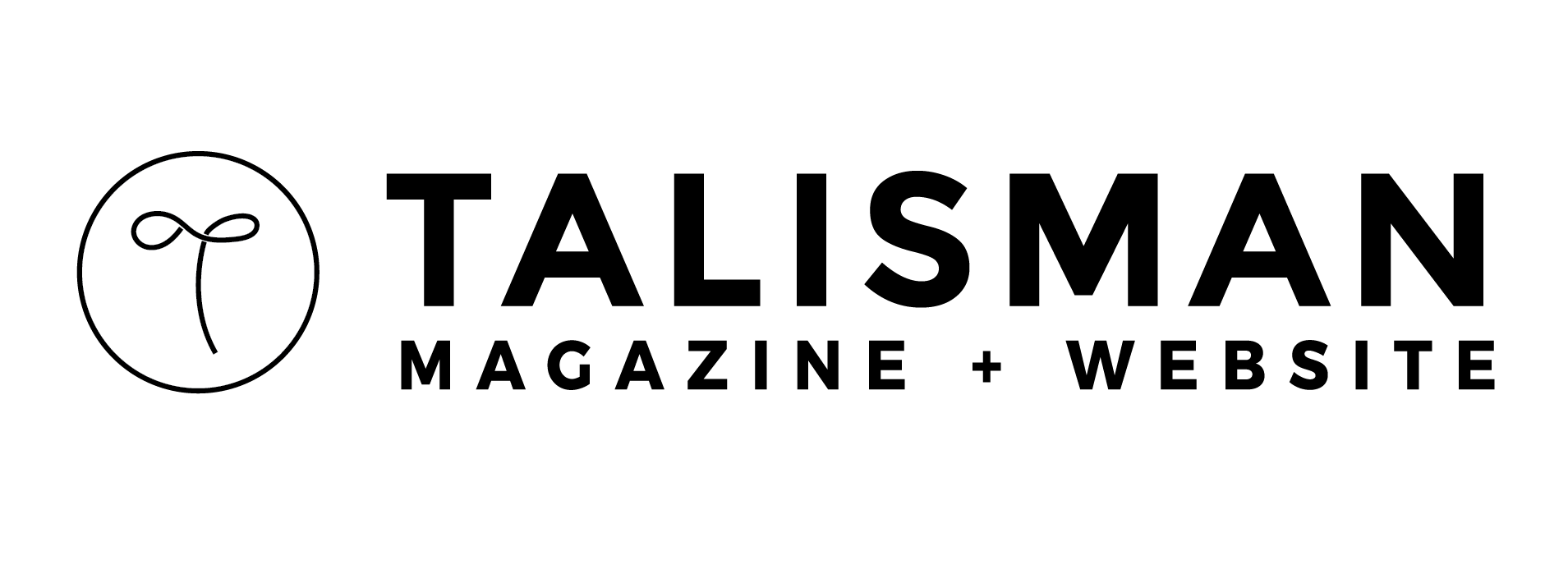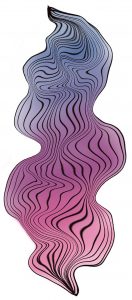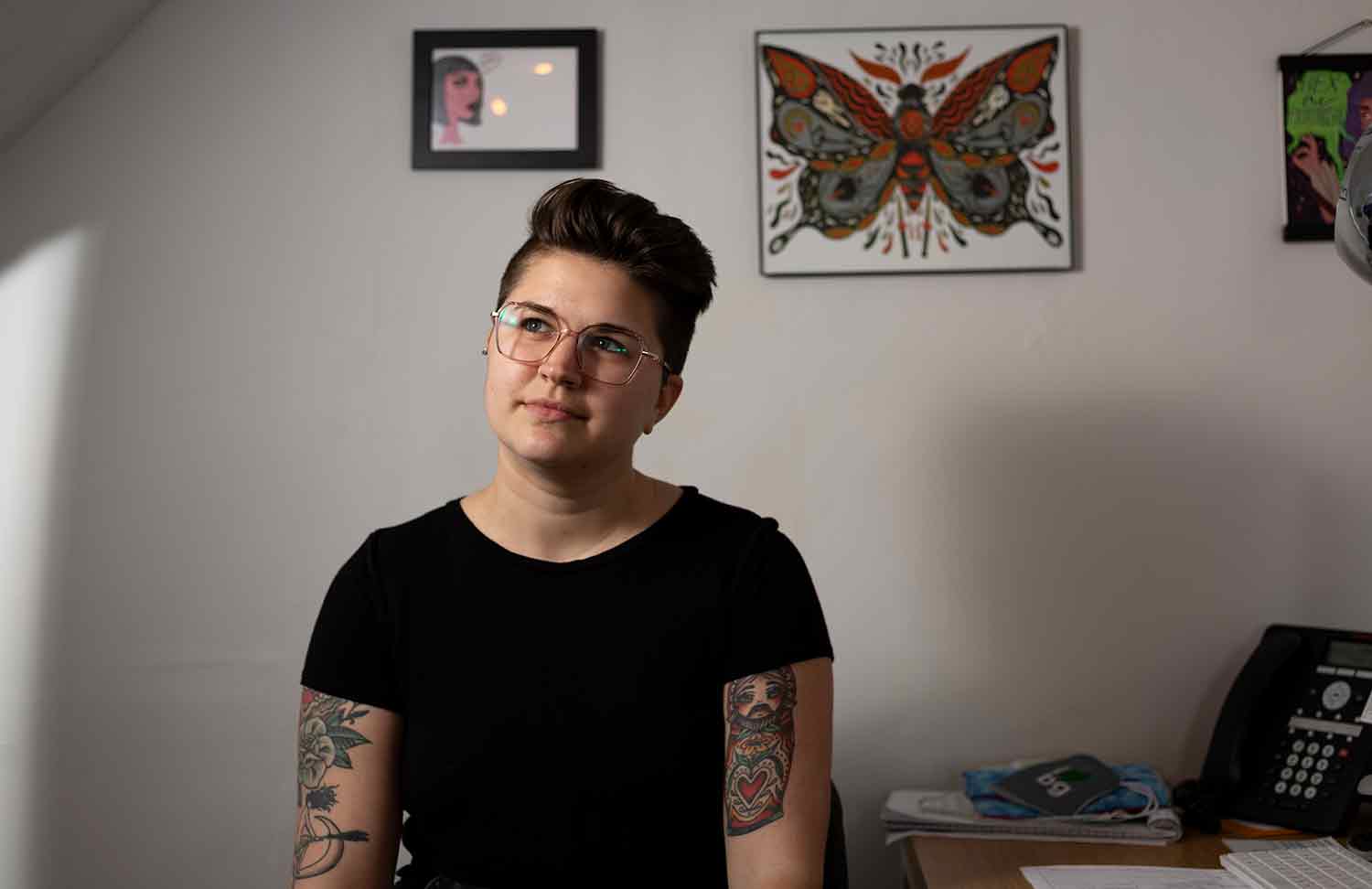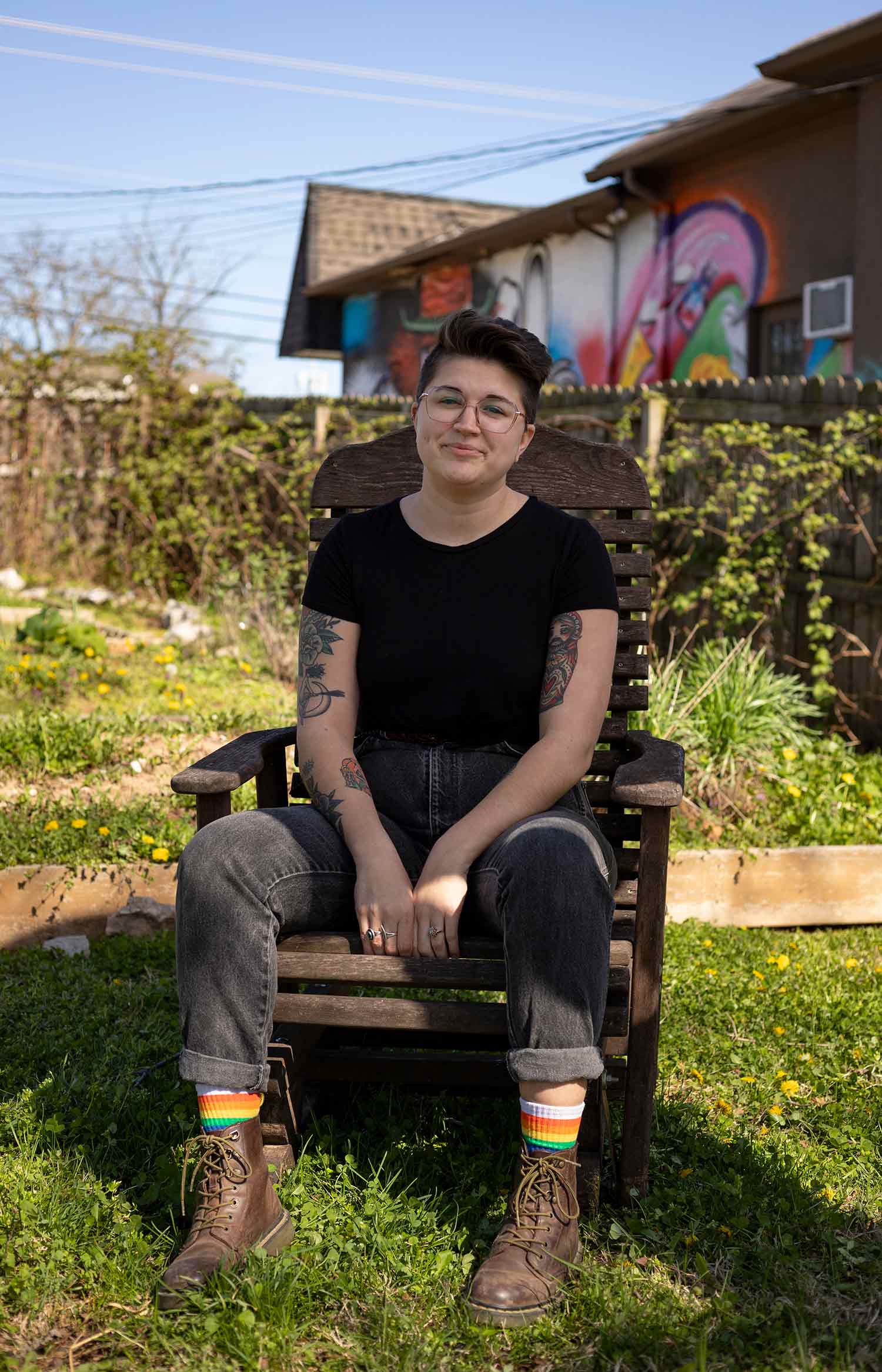Blu Starmer came to WKU as a freshman in 2017 under the impression that they were straight and cisgender, someone whose gender identity corresponds to their birth sex. That fall, while attending a pride event for a class assignment, seeds were planted in Starmer’s head that led them to think they might not be straight after all.
As time went on, those seeds blossomed into several realizations for Starmer about their gender and sexual identities.
In fall 2017, they began identifying as bisexual. Spring and summer of 2019 brought Starmer a myriad of revelations about their gender, eventually leading them to identify as agender, which they define as the lack of a gender identity. Only recently, in 2020, Starmer realized they were also demisexual, meaning they need to feel emotionally connected to someone in order to have sexual feelings toward them, they said.
While they struggled to come to terms with their identity throughout each step, Starmer said they particularly struggled with adding demisexual to their identities out of fear that it may cause judgment or confusion for others.
“Because I had already found that I identify as bisexual, I felt like society expected me to be confident in that as the only label I could use,” Starmer said. “It’s like you’re either this or that.”
Starmer said that while labels have helped them feel more confident in themself, they can also be constricting.
“Sometimes there isn’t a label that fits,” they said. “A lot of people feel obligated to use a label that they feel closest to, even if they don’t fully relate to that label.”










